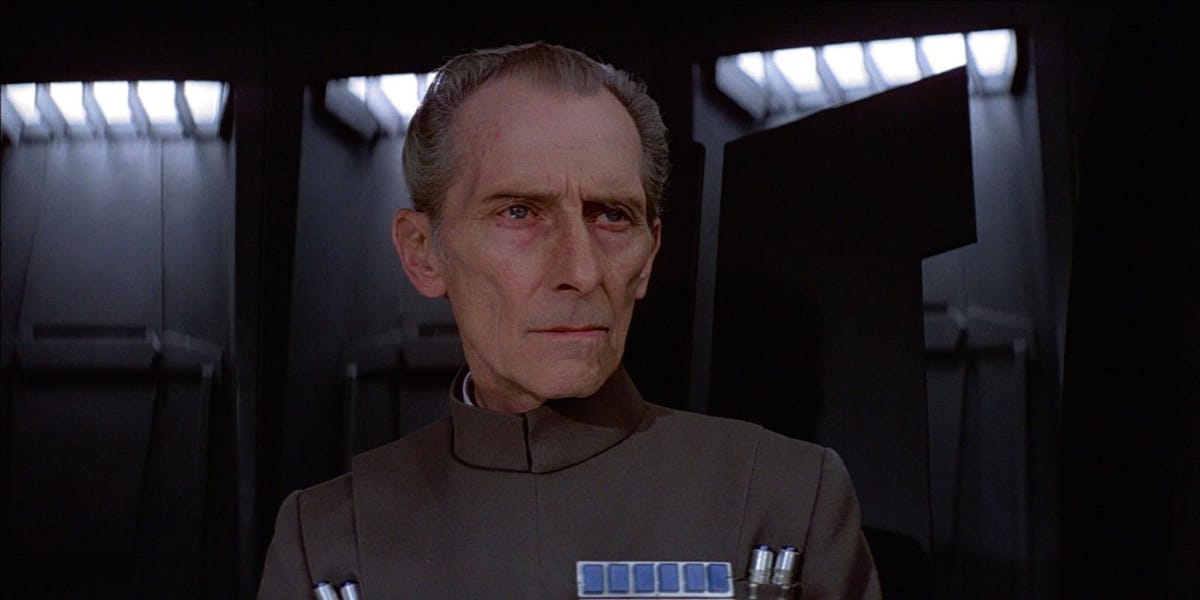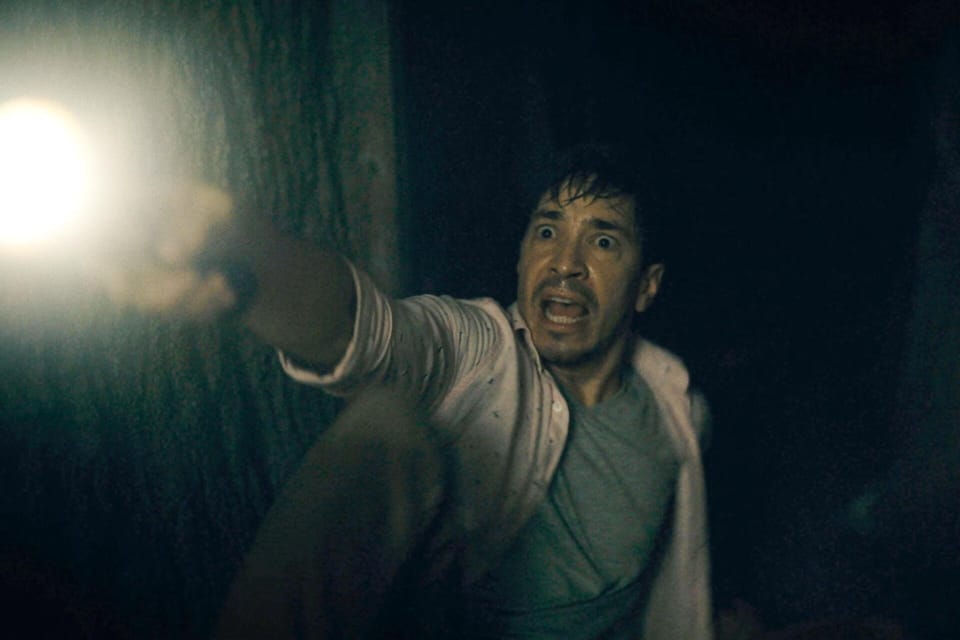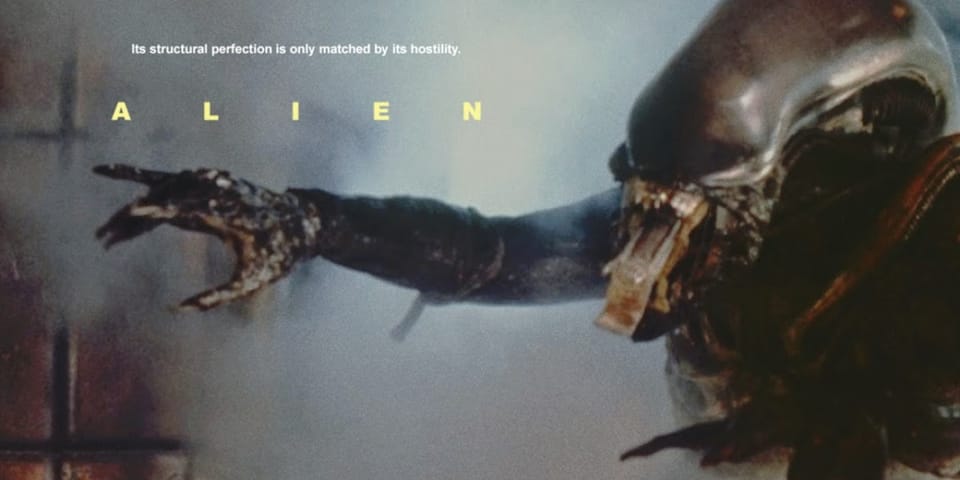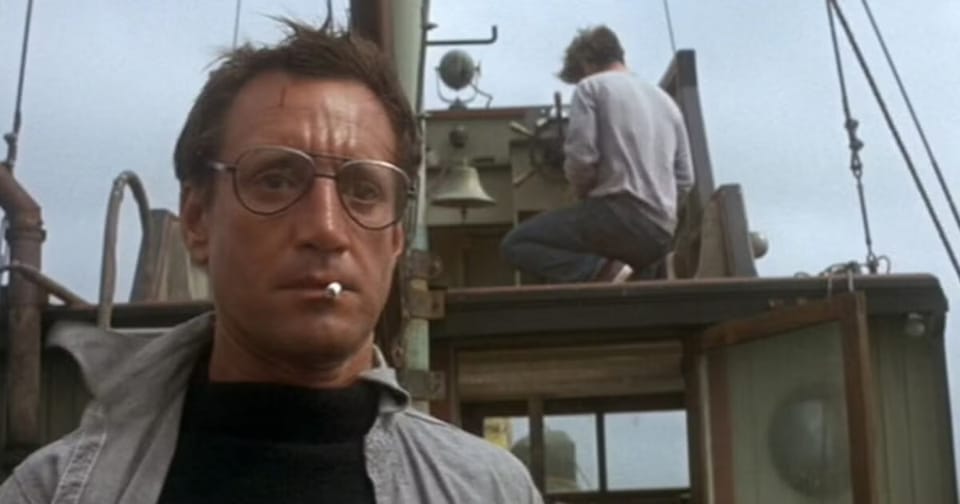Act 3 reveals the structure of your story.
There is an expression about how you can determine your real values based on how you allocate your resources. This is true for screen time as well.

The Story and Plot Weekly Email is published every Tuesday morning. Don't miss another one.
There is an expression about how you can determine your real values based on how you allocate your resources.
This includes such things as money and time.
There is a similar principle in story structure. Who and what you spend screen time on is what your story is about.
You may think it's about one thing, but your scenes and your structure may say something else. You need to keep them unified.
For this Weekly Email, I wrote a whole section on the importance of learning how to break down a story structure. I thought this was a good segue into the topic, but in actuality, it's slightly off-topic. And it meant it took too long to get started.
So I cut it.
Because what this email is about can be determined by what I spend time talking about.
And that wasn't it.
So, let's assume we all know how important it is to watch movies and identify their story structures.
As a reminder:
We watch not to be right but to write our own.
I've had several discussions in the last week with students and clients about the story structure of other movies. In these cases, LEGALLY BLONDE and WORLD WAR Z.
In both instances, the dramatic question was confused for the motivation and the stakes. This is normal and understandable. There really isn't a right or wrong answer because not everyone is working off the same definitions.
Now, I wrote my definitions, so I get to pretend I am the final arbiter on them, but that is about all I get.
The people who wrote these movies didn't use my definitions, so they may not even agree with me about what is what for their movie.
And it doesn't matter.
Breaking down movies is only useful because it helps us tell our own stories better.
That's it.
These definitions are not designed to identify or classify movies or create some kind of unified theory of story.
They are not meant to crack the code. They are only meant to help us write our own.
So if you're breaking down a story, and you're stuck...
You can find many of your answers in Act 3.
Act 3 is when it all comes together. It's when you hit the landing. It's the difference between, "I loved it!" and "I liked it, but..."
The ending is what allows all the great emotions we felt during the movie to remain with us undisturbed. If we do it really well, we magnify them.
But screw it up, you corrupt the memory of those emotions, too.
Since Act 3 is the response, it tells us what it is responding to.
Don't jump to conclusions.
And don't let yourself get distracted. Let the definitions do the work.
What's the story?
I define story as:
The transformational journey of a human being.
This one is easy. Look to any character. Who are they at the end? Who are they at the beginning? You are looking for personal changes, not their physical surroundings.
Other questions are more challenging.
Who is the antagonist?
My definition:
The person or force that must be overcome for the protagonist to answer the dramatic question to the audience's satisfaction.
So if we're not sure who the antagonist is, where do we look? We look to Act 3.
In RATATOUILLE, Anton Ego is the antagonist, even though he is only in a few scenes up until Act 3.
In STAR WARS, it is Han Solo that "overcomes" Darth Vader, not Luke. Han's actions knock Vader out of pursuit. Luke never actually "defeats" him. The force that Luke overcomes is the Death Star, making that and Grand Moff Tarkin the antagonist.
In EMPIRE, it's finally Darth Vader for reals this time, and in RETURN, it's the Emperor.
Odd to think of it that way, right?
In BRIDESMAIDS and TOP GUN, we have characters we think are antagonists, only to discover in Act 3 that they are allies, and it is the protagonists themselves that are the antagonists.
In GLADIATOR II, (Slight spoiler) the story hints that the Emperor(s) will repeat as the antagonist, only to reveal the actual antagonist who has plotted against everyone from the beginning.
In many whodunits, we don't know who the antagonist is until Act 3.
What is the dramatic question?
How you define the dramatic question is how you structure your story.
Let's look at DIE HARD and WORLD WAR Z. These are good examples for why how we define the DQ is important.
DIE HARD: Will he rescue his wife?
WORLD WAR Z: Will he find a way to help humanity against the zombie plague?
In both cases, the motive is to protect his family. But only in DIE HARD is the motive and the DQ one and the same. In WWZ, they are different.
Why is that?
For starters, it's literally the mission Gerry accepts. He seeks to find a way to help fight the plague. He doesn't want to. They force him to. To protect his family, he goes off to do it.
But it's still what he sets out to do.
More importantly, it's how the movie is structured that tells us the real DQ.
This is why it matters.
The dramatic question supports the narrative. When you make that decision, you decide on the narrative, too.
DIE HARD is about what he has to do to save his wife. WWZ is about this man traveling the world to fight the epidemic.
How do we know this? Because Act 3 reveals it.
DIE HARD is over when John saves Holly. She is present throughout all of Act 3. WWZ is over when Gerry concludes his mission, and his family only shows up again after his triumph.
If the film's dramatic question truly were "Will Gerry save his family?" the film's structure would have been better served in many other ways.
- You would keep Gerry and his family in closer proximity.
- You would put his family at risk throughout.
- They would be present in Act 3.
All these things are true for DIE HARD, but not WWZ.
The decisions you make matter because they help you make the other decisions.
MOST WANTED'S ACT 3.
When I was in the outline phase of MOST WANTED, I struggled to unify the story and the dramatic question.
This is the screenplay about the guy who finds out his high school bully is on the police most wanted list and drops everything in his life to hunt him down and capture him.
THE STORY:
A middle-aged man who sees himself as a failure tries to do something remarkably stupid and self-destructive, only to discover everything he ever wanted was right in front of him the whole time.
Not groundbreaking stuff, but a common journey for many of us.
THE DRAMATIC QUESTION:
Will he capture his high school bully and bring him to justice?
I was comfortable with both of these. It was just a question of how much fun I could make it, how much I could surprise the audience, and whether the emotions would resonate.
THE DILEMMA:
At the end of Sequence 5, Jay's bully is about to get caught by the police, but Jay WARNS him because he doesn't want anyone to capture his bully but him!
It's a moment of insanity, but Jay refuses to recognize it as such. Later, he realizes how far he has fallen when he is told his bully knows where he lives and he and his family are in danger.
So far, so good. But if Jay has now realized how badly he has screwed up and just how crazy all of this has been, why would he keep pursuing it?
We have a whole act left, and Jay's growth and desire no longer align with the dramatic question.
This growth requires him to stop what he is doing, but the audience isn't going to be happy until it gets a satisfying answer to the dramatic question.
Will he capture his high school bully and bring him to justice?
I could have the bully come to him, but the bully's goal is to get out of the country. Besides, I didn't like the contrivance of it, nor did I like putting Jay in a passive role in Act 3.
THE SOLUTION:
When Jay realizes what an idiot he's been, he tells the police what he knows about how his bully plans to escape the country. It's a choice that corrects the earlier mistake and shows that his priorities are reverting back to normal.
But. He's wrong. By the time he figures this out, it's too late and the cops no longer trust him. But he's actually figured out when and how his bully plans to smuggle himself out. If he doesn't stop him, nobody will.
Determined not to be worried about his family and looking over his shoulder for the rest of his life, Jay makes the choice to stop his bully from escaping himself. Thus begins Act 3.
So the narrative goes from Jay doing the wrong thing for the wrong reasons, to Jay doing the right thing for the right reasons.
And the story and the dramatic question are back in sync.
Your choices matter.
You will never break down too many screenplays. Seeing how others have cracked this challenge will always pay dividends when you attempt to crack your own. No matter how many times you do it.
But it is still about you making definitive choices and following through with them. Do not give them half-effort. Do not treat them like homework that just has to be turned in.
Make strong choices. And let those strong choices lead to more of them.
The Story and Plot Weekly Email is published every Tuesday morning. Don't miss another one.
When you're ready, these are ways I can help you:
WORK WITH ME 1:1
1-on-1 Coaching | Screenplay Consultation
TAKE A COURSE
Mastering Structure | Idea To Outline




